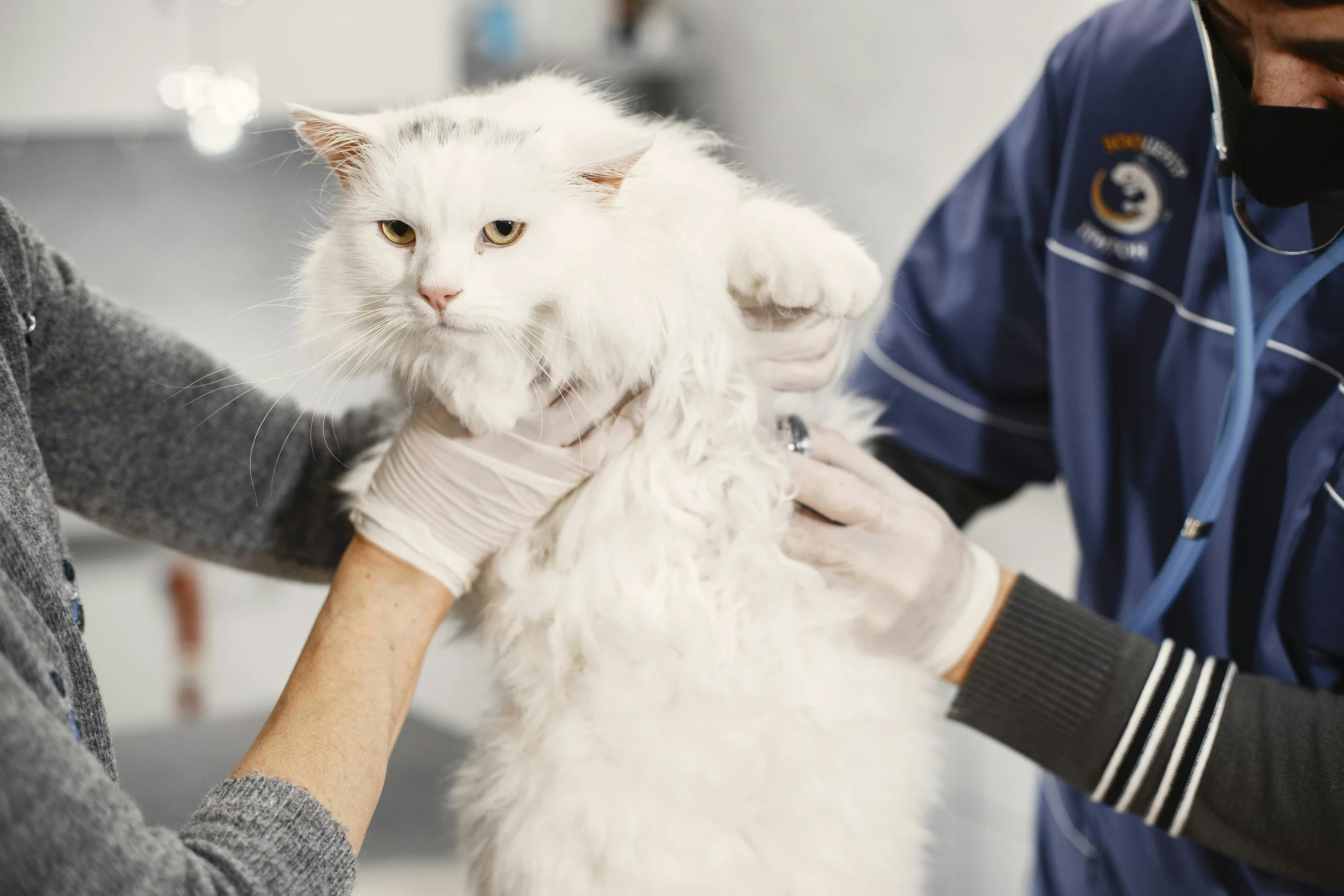Keeping Your Kitty Healthy: A Guide to Essential Cat Vaccinations
Contents
Cats, with their independent spirit and undeniable cuteness, hold a special place in our hearts. As responsible pet owners, we want to ensure their well-being throughout their lives. Vaccinations are a crucial part of preventive healthcare for cats, protecting them from potentially life-threatening diseases. But with various vaccines available, navigating the vaccination schedule can be confusing. This comprehensive guide will answer all your questions about what vaccinations your cat needs, the recommended schedule, and the importance of keeping your feline friend immunized.
Understanding the Importance of Cat Vaccinations
Vaccinations work by exposing your cat’s immune system to a weakened or inactive form of a virus or bacteria. This allows the body to develop immunity without experiencing the full-blown illness. If your cat encounters the actual disease in the future, their immune system is prepared to fight it off effectively.
Here’s why vaccinations are essential for cats:
- Disease Prevention: Vaccinations offer protection against highly contagious and potentially fatal diseases like feline distemper, rabies, and feline leukemia virus (FeLV).
- Herd Immunity: Vaccinating your cat not only protects them but also contributes to herd immunity within the feline community. This reduces the overall spread of diseases, protecting even unvaccinated cats.
- Public Health: Some diseases, like rabies, can be transmitted from animals to humans. Vaccination reduces the risk of zoonotic transmission, protecting both your cat and your family.
Core Vaccinations for All Cats
There are two categories of cat vaccinations: core and non-core. Core vaccines are essential for all cats, regardless of their lifestyle (indoor/outdoor). These vaccines protect against the most common and serious feline diseases.
-
Feline Viral Rhinotracheitis (FVRCP): This combination vaccine protects against three major upper respiratory infections:
- Feline Viral Rhinotracheitis: Caused by a virus, this is a highly contagious upper respiratory illness with symptoms like sneezing, coughing, and conjunctivitis.
- Feline Calicivirus: Another contagious upper respiratory virus, it can cause similar symptoms to FVRCP, along with ulcers in the mouth and on the nose.
- Feline Panleukopenia (Feline Distemper): This highly contagious and potentially fatal disease attacks a cat’s white blood cells, leaving them vulnerable to secondary infections. Symptoms include vomiting, diarrhea, lethargy, and loss of appetite.
-
Rabies: This deadly viral disease affects the nervous system and is fatal for both animals and humans. Vaccination is mandatory by law in most areas.
Non-Core Vaccinations: Tailoring Protection for Your Cat
Non-core vaccines are recommended based on your cat’s lifestyle and risk factors. Here’s an overview of some common non-core vaccines:
-
Feline Leukemia Virus (FeLV): This virus weakens a cat’s immune system, making them susceptible to various infections and cancers. The FeLV vaccine is especially recommended for kittens and outdoor cats who have a higher risk of exposure.
-
Feline Chlamydiosis: This bacterial infection causes conjunctivitis (eye inflammation) and upper respiratory problems. Vaccination is considered for cats with a history of respiratory issues or those living in multi-cat environments.
-
Bordetella Bronchiseptica: This bacteria contributes to feline infectious bronchitis, a respiratory illness. The vaccine is recommended for cats frequently boarded or exposed to other cats at cat shows or shelters.
Consulting Your Veterinarian: A Crucial Step
While this guide provides a general overview, it’s vital to discuss your cat’s specific needs with your veterinarian. They will consider your cat’s age, lifestyle, health history, and potential risk factors to create a personalized vaccination schedule. Here are some key points to discuss with your vet:
- Kittens: Kittens require a series of vaccinations starting at a young age, typically around 6-8 weeks old, with boosters administered at regular intervals.
- Adult Cats: Adult cats generally need booster shots for core vaccines every 1-3 years, depending on the vaccine and the veterinarian’s recommendation.
- Previously Vaccinated Cats: If you adopt a cat with an unknown vaccination history, your veterinarian will recommend a course of vaccinations to ensure they are fully protected.
Additional Considerations for Cat Vaccinations
Here are some additional points to keep in mind regarding cat vaccinations:
- Side Effects: Vaccinations can cause mild side effects like soreness at the injection site, lethargy, or loss of appetite. These usually resolve within a day or two.
- Pre-Vaccination Health Check: Your veterinarian will likely perform a physical examination before administering any vaccines to ensure your cat is healthy enough for vaccination.
For more info on cat check out our main page PetSynse
